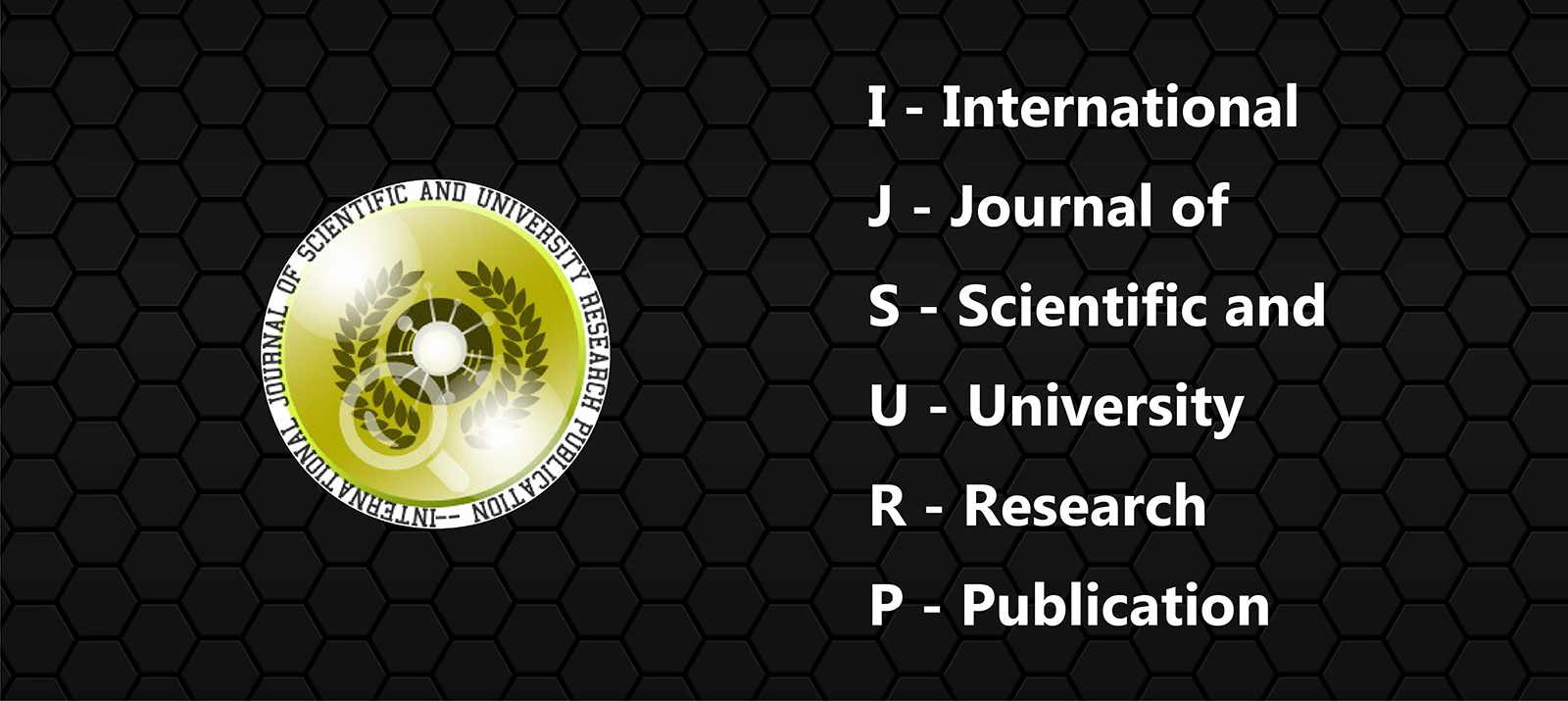Benson, P. (2011). Teaching and researching autonomy. Longman.
Benson, P., & Voller, P. (2014). Autonomy and independence in language learning. Routledge.
Benson, P., & Lamb, T. (2020). Autonomy in the age of multilingualism. Autonomy in Language
Education, 74-88. https://doi.org/10.4324/9780429261336-7
Brown, H. D. (2014). Principles of language learning and teaching. Allyn & Bacon. Burnley, J. D. (2000). The history of... More
Benson, P. (2011).
Teaching and researching autonomy. Longman.
Benson, P., & Voller, P. (2014).
Autonomy and independence in language learning. Routledge.
Benson, P., & Lamb, T. (2020). Autonomy in the age of multilingualism. Autonomy in Language
Education, 74-88. https://doi.org/10.4324/9780429261336-7
Brown, H. D. (2014).
Principles of language learning and teaching. Allyn & Bacon. Burnley, J. D. (2000).
The history of the English language: A source book. Routledge. Canagarajah, A. S. (2005).
Reclaiming the local in language policy and practice. Routledge.
Deci, E. L., Hodges, R., Pierson, L., & Tomassone, J. (1992). Autonomy and competence as
motivational factors in students with learning disabilities and emotional handicaps.
Journal of Learning
Disabilities,
25(7), 457-471.
https://doi.org/10.1177/002221949202500706
Dörnyei, Z., & Ushioda, E. (2013).
Teaching and researching: Motivation. Routledge.
Dörnyei, Z., & Ryan, S. (2015). The psychology of the language learner revisited.
https://doi.org/10.4324/9781315779553
Egitim, S. (2015). The role of teacher autonomy in learner autonomy, Learning Learning, JALT, 22 (1), pp. 21-28.
https://dx.doi.org/10.6084/m9.figshare.14230022
Egitim, S. (2017). Case study: The reflection of teachers’ prior language learning experiences in ESL teaching approaches,
The European Journal of Education Studies, 3(6) pp. 112-169.
https://oapub.org/edu/index.php/ejes/article/view/726
Egitim, S. (2017). The role of autonomy in critical thinking.
Journal of Global Japanese Studies Review, 9(1), 155-167.
https://m- repo.lib.meiji.ac.jp/dspace/bitstream/10291/20647/1/kokusainihongaku_9_1_155.pdf
Egitim, S. (2020).
Understanding Japanese university English teachers’ experiences as collaborative leaders: Engaging learners in teaching and classroom management. [Doctoral dissertation,
Northeastern University]. ProQuest Dissertations and Theses Global.
http://hdl.handle.net/2047/D20394199
Egitim, S., & Garcia, T. (2021). Japanese university students’ perceptions of foreign English teachers.
ELT Journal, 14(1), pp. 13-22.
http://10.5539/elt.v14n5p13
Entwistle, N. (2018). Learning from the student’s perspective. Student Learning and Academic
Understanding, 45-63.
https://doi.org/10.1016/b978-0-12-805359-1.00004-8
Hogg, R., & Denison, D. (2008). A history of the English language. Cambridge University Press.
Lamb, T., & Reinders, H. (2008).
Learner and teacher autonomy: Concepts, realities, and responses.
John Benjamins Publishing.
Northrup, D. (2013).
How English became the global language. Springer. Philipson, R.(1992).
Linguistic imperialism. OUP.
Phillipson, R. (2013).
Linguistic imperialism continued. Routledge.
Selvi, A. F. (2018). Introduction to non-native English-speaking teachers (NNESTs).
The TESOL Encyclopedia of English Language Teaching, 1-3.
https://doi.org/10.1002/9781118784235.eeltv02b Tollefson, J. W. (1995).
Power and inequality in language education. CUP.
Üstünlüoglu, E. (2007). University students’ perceptions of native and non‐native teachers.
Teachers and Teaching, 13(1), 63-79. https://doi.org/10.1080/13540600601106096
for more details about article visit: http://ijsurp.com/2021/09/a-glance-at-english-language-and-its-impact-on-learners-and-teachers/?id=8065...
Less






